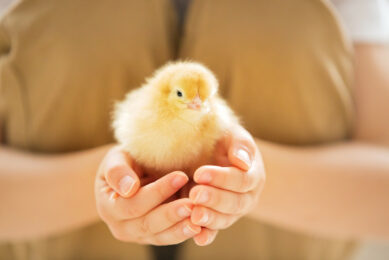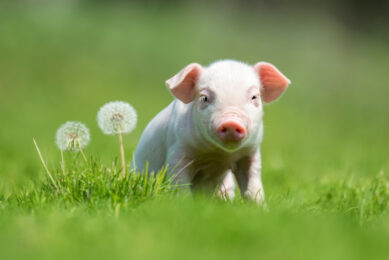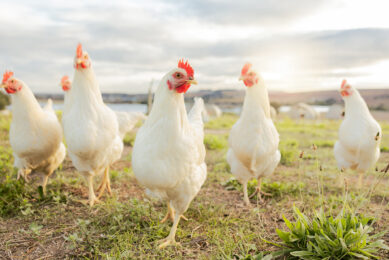Unleashing the power of yeast selenium in ruminant nutrition
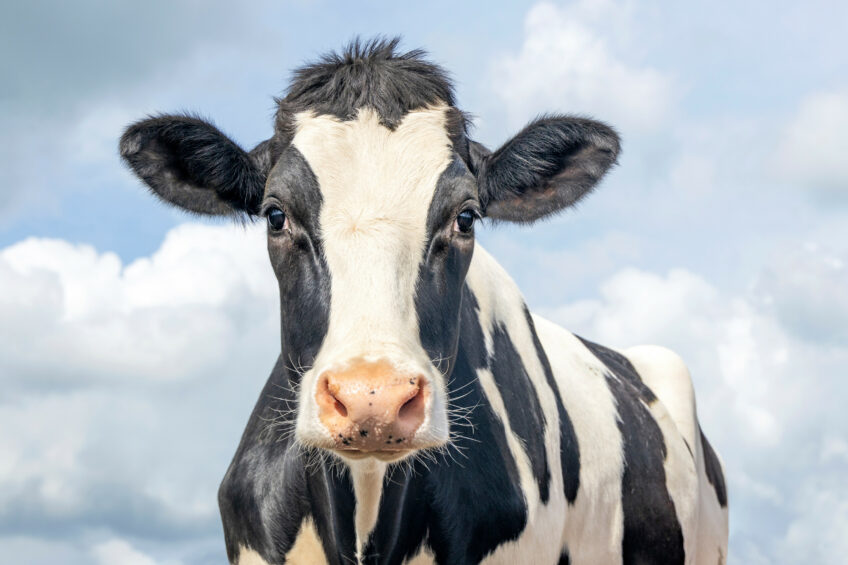
Selenium (Se) is an essential dietary trace element in animals with antioxidant, anti-inflammatory, anticancer, and potential antiviral and antibacterial activities. Selenium in yeast has a more reasonable organic selenium composition form. It can provide many benefits for ruminants such improve immunity, reproductive performance and decrease somatic cell count.
Studies have shown that dietary selenium supplements are positively associated with overall animal health, especially their regulation of immune activity and protection from oxidative damage, and dietary selenium supplements have been used to improve growth performance, immune function, and meat quality in animals.
Source and classification of selenium
The source and composition of selenium are different, and the way of its digestion and absorption are also different. Common sources of selenium include inorganic selenium and organic selenium, of which inorganic selenium mainly includes selenate and selenite, organic selenium mainly includes yeast selenium, L-selenomethionine and selenomethionine hydroxyl analogues. Since the biological function of selenium is realised through the protein family of selenium proteins the selenium element in organic selenium mainly exists in the protein or amino acid, so the utilisation efficiency of organic selenium is higher than that of inorganic selenium, and compared with inorganic selenium, it has the advantage of low toxicity or non-toxicity. However, inorganic selenium (sodium selenite) has strong toxicity, low absorption rate and potential pollution risk in use. Studies by Mao et al. (2000) showed that assuming the bioavailability of sodium selenite was 100, the bioavailability of organic selenium from different sources in ruminants was 105 for cobalt selenite, 245 for selenium methionine, and 290 for selenium yeast.
Not all organic selenium is YeaSel
Even if they all belong to organic selenium, the differences in sources and synthetic pathways will lead to uneven application effects in farmed animals (Table 1). For example, selenomethionine hydroxyl analogues need to be dehydroxylated and transaminated in animals to become selenomethionine in order to play their actual effects. The main pathway of selenomethionine is stored in protein tissues, and only a small part of it is used to synthesise functional selenomethionine proteins in the body to play the basic function of selenium. Selenium in yeast has a more reasonable organic selenium composition form, and pays equal attention to antioxidant and selenium storage. SeMet is mainly integrated into the body protein tissues, and part of SeMet is converted into H2Se, and then synthesised functional selenoprotein to play the basic functions of selenium such as antioxidant. About 40% of the other forms of selenium (Selenocystine, Selenocysteine, MeSeCys SeBet) used in the synthesis of selenium protein, the body’s functional selenium antioxidant basic function into full play.
Selenium yeast improves immunity and decreases SCC in ruminants
There are many reports on the enhancement of the immunity of ruminants by yeast selenium. Huang et al. (2004) found that the transformation ability of lymphocytes was enhanced and the percentage of lymphocytes increased with the increase of selenium supplementation days when studying the effect of se-enriched yeast on the immune function of cows. One study on perinatal cows and found that on the 7d and 21d postpartum, the levels of IgM, IgG and IgA first decreased and then increased with the increase of supplemental level. Secondly, selenium, as the active component of GSH-Px, plays an important role in the body’s antioxidant defence system. Selenium yeast can improve the body’s antioxidant capacity, reduce oxidative stress, relieve heat stress, and reduce somatic cell count (Figure 1). Zhang Nu (2009) found that under heat stress, the addition of selenium yeast could reduce the body temperature of dairy cows by 0.33℃, and the plasma endotoxin was significantly reduced. Luo et al. (2010) showed that feeding 2.4gSY per day to perinatal cows significantly increased the activity of GSH-Px in serum of dairy cows compared with the group without selenium supplementation. 300g/t of selenium yeast(2000ppm) was added to the refined supplement of 360 lactating cows for 80 days. The results showed that the somatic cell count of milk gradually decreased from 592.3 thousand to 273.4 thousand, with a decrease of 53.8%.
Figure 1 – Effect of YeaSel on somatic cell count in milk.
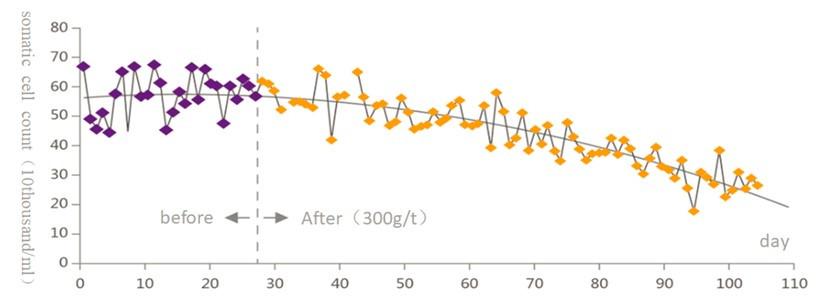
YeaSel can improve the reproductive performance of ruminants
Selenium yeast can improve the reproductive performance of ruminants (Figure 2). For male animals, selenium, as a component of glutathione peroxidase (GSH-Px), has antioxidant effects, thereby protecting sperm cell membranes from damage, enhancing sperm motility, improving fertilisation ability and embryo development. For female animals, selenium supplementation can prevent miscarriage, reduce embryo death, and reduce afterbirth. Liu et al. (2007) reported that compared with inorganic selenium, yeast selenium significantly increased the contents of gonadotropin releasing hormone, follicle stimulating hormone, luteinising hormone, estradiol and progesterone in the estrus cycle of dairy cows, significantly increased the mating rate and conception rate, shortened the period of foetal discharge, and promoted normal estrus of cows. Ren Y H (2013) found that the addition of sodium selenite and selenium yeast could significantly improve the sperm motility rate, acrosome integrity rate and conception rate of female sheep, and significantly reduce the sperm malformation rate. In our study on the supplementation of selenium yeast in the diets of partaking cows, it was found that the supplementation of selenium yeast in the diets significantly shortened the first estrus time and mating time by 22% and 7.2%, respectively, the first mating conception rate was significantly increased by 11.87%, the discharge time of stillbirth was decreased by 9.1%, and the incidence of stillbirth was significantly decreased by 54%.
Figure 2 – Effect of YeaSel on reproductive performance of cows.
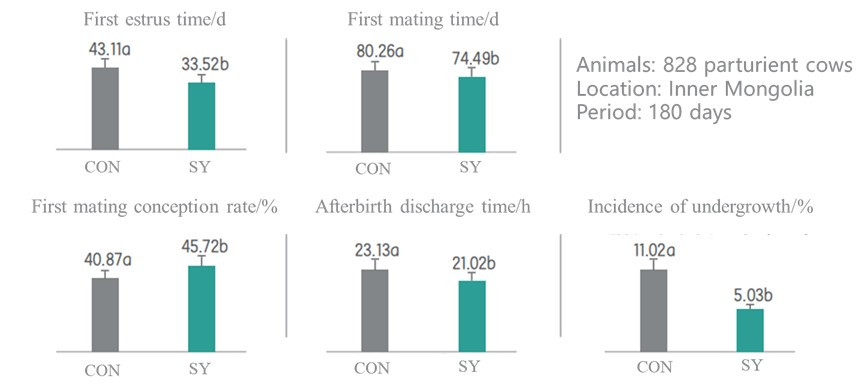
YeaSel improves meat and milk quality
Li K N (2011) reported that selenium yeast could improve the visual quality and tenderness of beef and reduce drip loss. In addition, due to the high absorption and utilisation rate of selenium in yeast, it can be deposited in milk and can be used to develop selenium-rich milk. Zhuo C Y (2010) reported that adding selenium yeast to sunflower seed oil diet increased the content of selenium in blood and milk, as well as the content of conjugated linoleic acid in milk of lactating cows. Lu Z W (2011) reported that dietary supplementation of selenium yeast significantly increased the milk selenium level of dairy cows, and the milk selenium content increased with the increase of selenium yeast concentration, among which the 15mg/d and 20mg/d selenium yeast treatment groups increased by 277% and 340% on the 40th day of the experiment, respectively, compared with that before the experiment. Wang et al. (2010) showed that adding 0.5mg/kgDM SY to the diet of dairy cows could increase the milk selenium concentration by 74.97% compared with not adding selenium. Juniper et al. (2006) added 0, 0.15, 0.30 and 0.45mg/kgDM SY and 0.15mg/kgDM SS to the diets of dairy cows to explore the effects of different selenium sources on lactating cows. The results showed that the same dose of SY could increase the milk selenium concentration by 34% compared with SS. The concentration of selenium in milk increased significantly. In a cooperative study with the Chinese Academy of Agricultural Sciences, it was found that the addition of yeast selenium significantly increased the antioxidant capacity of dairy cows, and the milk selenium deposition was increased by 123%, which could be used to develop selenium-rich milk.
Figure 3 – Effects of YeaSel supplementation on selenium content and antioxidant capacity of lactating dairy cows.
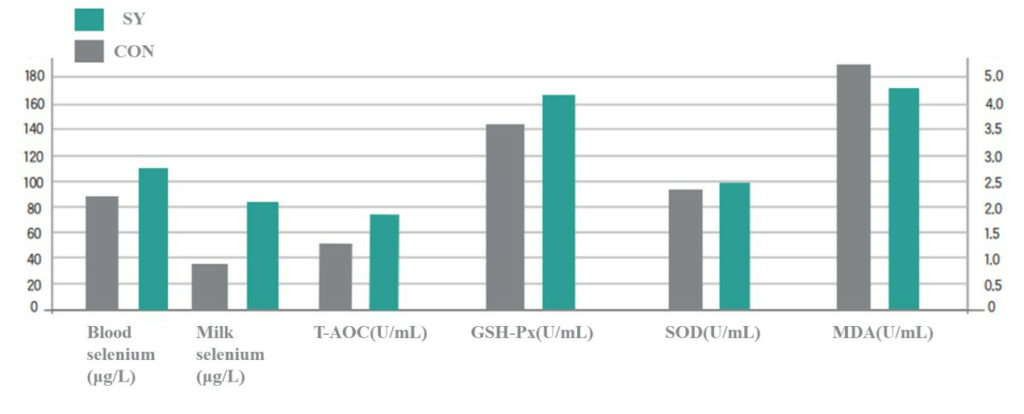
Multiple benefits of YeaSel
Selenium yeast plays an important role in animal health, immunity and reproduction. Compared with inorganic selenium, YeaSel has higher bio-utilisation efficiency and lower toxicity. Compared with other organic selenides, the composition of organic selenium in YeaSel is more reasonable, and it has both antioxidant and selenium storage effects. Compared with other yeast selenium products, YeaSel has a higher content of organic selenium and selenomethionine, and the quality is more guaranteed.
References are available on request



